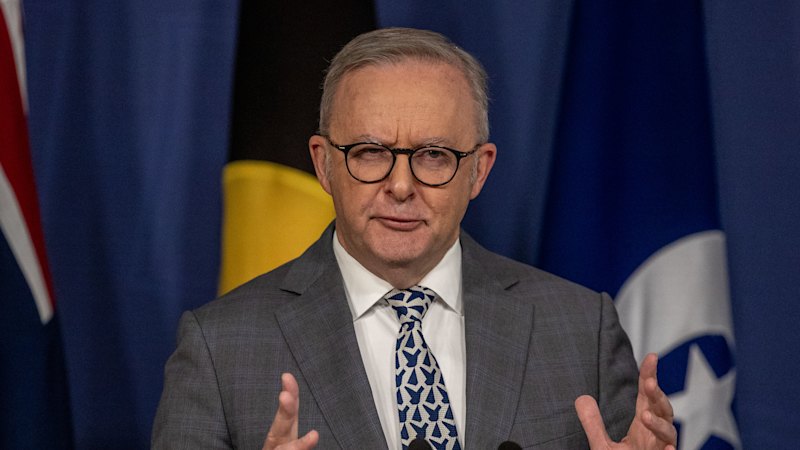
Australia will not obstruct Turkey’s bid to host the COP climate conference next year, Prime Minister Anthony Albanese announced, as he pivots towards ensuring Pacific nations gain from the event. Both Australia and Turkey have been contenders to host the conference, which requires unanimous agreement on the location. Without consensus, the event would default to Bonn, Germany, a scenario Albanese criticized as detrimental to global climate unity.
Albanese emphasized Australia’s commitment to a separate leaders meeting on climate change in the Pacific and increased funding for a regional resiliency fund if Turkey hosts the main event. “The way that the system works is that if there is not agreement, and there’s more than one candidate, it goes to Bonn,” Albanese explained. He further noted, “There is considerable concern, not just from the Pacific, but internationally as well, that that will not send a good signal about the unity that’s needed for the world to act on climate. And if Australia is not chosen, if Turkey is chosen, we wouldn’t seek to veto that.”
Background and Ongoing Negotiations
For months, Australia and Turkey have been negotiating over hosting rights for the world’s largest climate conference. This discussion continued during the recent global talks in Belem, Brazil. Climate Change and Energy Minister Chris Bowen has been actively advocating for Australia’s bid alongside Pacific nations, which are already experiencing severe climate change impacts. Meanwhile, Turkish President Recep Tayyip Erdogan remains firm on Turkey’s candidacy.
Germany, as the host of the UN climate organization, would serve as the default location if no other agreement is reached. However, the German government has expressed reluctance to host the conference on short notice. Reports estimate the cost of hosting COP in Australia could reach up to $2 billion, a figure the government has not confirmed. Environmental groups argue that hosting the event could attract investment and strengthen diplomatic ties with the Pacific region.
Australia’s Strategic Position
Despite support for its bid, Albanese stated that Australia would not impede Turkey’s campaign if it gains majority backing. “What we would seek to do is to ensure that the Pacific benefited from that through measures, potentially like a leaders meeting to be held in the Pacific,” he remarked. “We will prioritize making sure that the Pacific’s interests are looked after, but this is a difficult situation because of the rules and the way that they operate.”
This stance marks a significant shift from Minister Bowen’s earlier comments, where he insisted Australia was still aggressively pursuing its bid to host the conference in Adelaide next year. “We are in it, and we are in it to win it. Let me make it clear, we’re not going anywhere. South Australia’s not going anywhere,” Bowen asserted. “It’s the fight we’re going to have because it is very much in Australia’s interests and I believe in the world’s interest, having Australia as the president [and host] of COP31.”
International Implications and Future Prospects
Turkey’s Deputy Climate Change Minister Fatma Varank expressed that her country had been constructive in negotiations, but accused Australia of stalling. This diplomatic tug-of-war highlights the complexities of international climate politics, where national interests often clash with global climate goals.
The outcome of this decision will have far-reaching implications. Hosting COP is not just a matter of prestige but also an opportunity to influence global climate policies and foster international cooperation. As the world grapples with escalating climate challenges, the location of such a pivotal conference could shape the direction of future climate action.
Looking ahead, the international community will be closely monitoring the developments between Australia and Turkey, as well as the broader implications for Pacific nations. The resolution of this hosting bid will set the stage for the next chapter in global climate negotiations, with the potential to redefine alliances and priorities in the fight against climate change.






